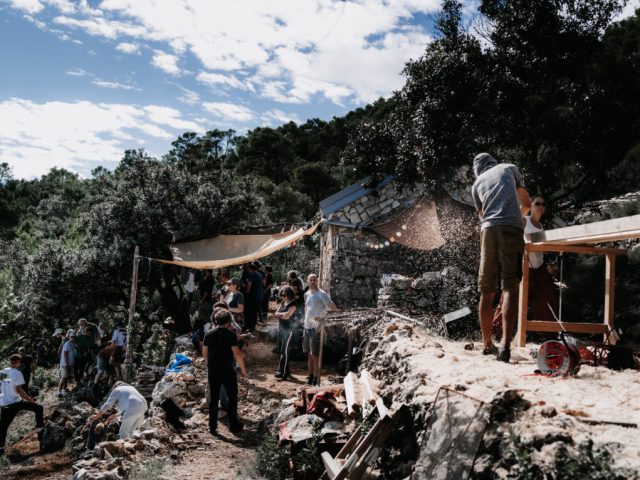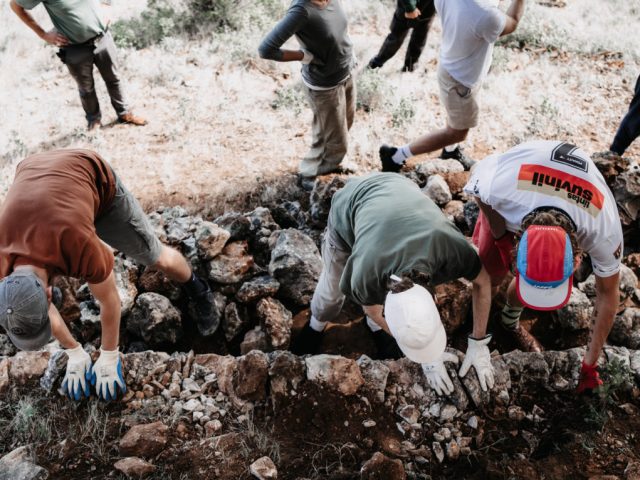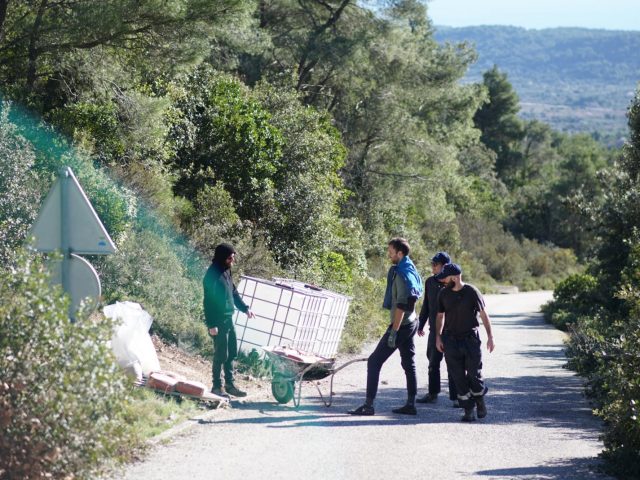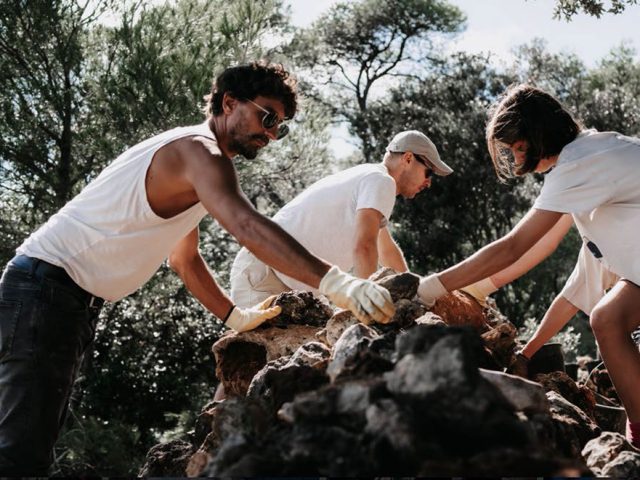“The first Greeks were all pirates.”
— Montesquieu, The Spirit of the Laws
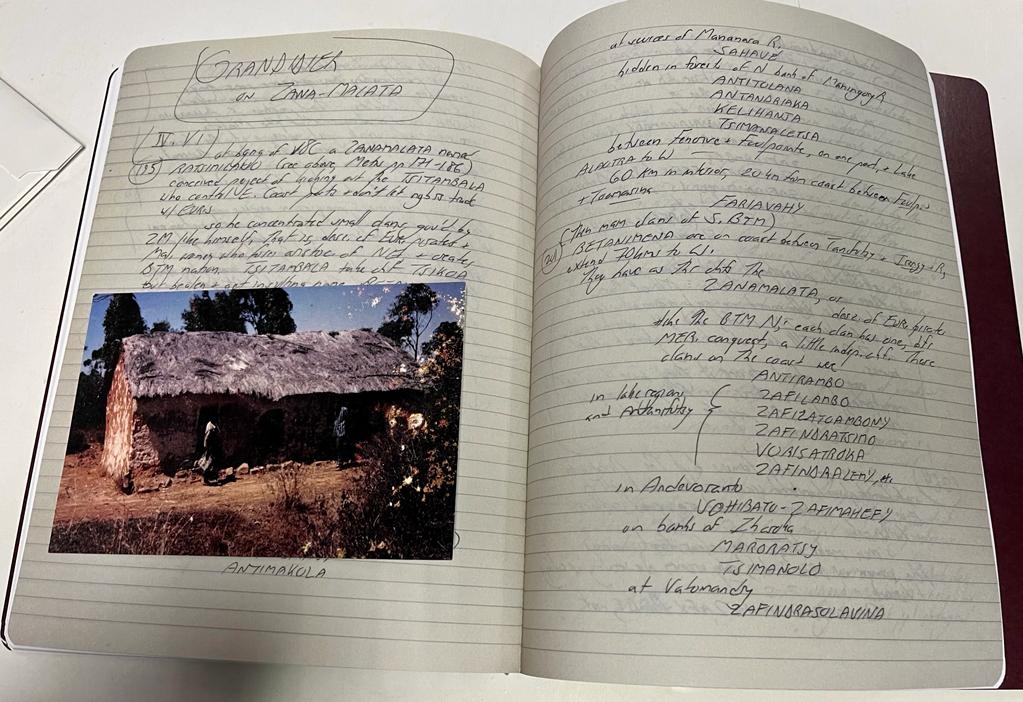
This is a book about pirate kingdoms, real and imagined. It’s also about a time and place where it is very difficult to tell the difference between the two. For about a hundred years, from the end of the seventeenth century toward the close of the next, the east coast of Madagascar was scene to a shadow play of storied pirate kings, pirate atrocities, and pirate utopias, rumors of which shocked, inspired, and entertained the clients of cafés and pubs across the North Atlantic world. There is absolutely no way, from our current vantage, to disentangle these accounts and establish a definitive narrative of which were true and which were not.
Some clearly weren’t. In the first decade of the eighteenth century, for instance, many in Europe believed that a great kingdom had been created in Madagascar by a certain Captain Henry Avery and ten thousand pirate henchmen, a kingdom that was on the verge of establishing itself as one of the world’s pre-eminent naval powers. In fact, this kingdom did not exist. It was a hoax. Most historians are now convinced the same could be said of the story of the great utopian experiment of Libertalia, a story also set in Madagascar, which appears in a chapter of a certain Captain Johnson’s A General History of the Pyrates in 1724. Johnson describes Libertalia as an egalitarian republic, in which slavery had been abolished and all things were shared in common and administered democratically, created by a retired French pirate captain named Misson under the philosophical influence of a defrocked Italian priest. But historians have found no other evidence that either a pirate captain named Misson or such a defrocked priest (his name is given as Caraccioli) actually existed—despite the fact that almost all the other pirates mentioned in the book can be documented from archival sources. Similarly, archaeologists have been unable to locate any evidence for the physical existence of Libertalia. As a result, the general consensus is that the whole story is simply made up.
Some are willing to allow it might have been a sailor’s legend that the author of History of the Pyrates just felt was too good not to include, even though he presumably knew the events in question never really happened. Most simply Captain Johnson (whoever he was) fabricated the entire incident. Few, however, seem to feel it matters much, one way or the other, because the only important question is assumed to be: ”
“Was there ever really a utopian settlement of former pirates called Libertalia on the Malagasy coast?”
To my mind, this is a rather trivial question. It would appear likely there was no Misson or Caraccioli, or a settlement with precisely that name; but there most certainly were pirate settlements on the Malagasy coast, and what’s more, they were the place for radical social experiments. Pirates did experiment with new forms of governance and property arrangements; what’s more, so did members of the surrounding Malagasy communities into which they married, many of whom had lived in their settlements, sailed in their ships, formed blood brotherhood pacts, and spent many hours in political conversation with them. One way the story of Captain Misson is indeed deceptive is that it arranges the story in such a way that the Malagasy are kept out of it, providing the pirates with shipwrecked foreign wives and reducing the surrounding people to hostile tribes who eventually overwhelm and kill them. But this just makes it easier for historians and anthropologists to do what they are inclined to do anyway in such circumstances: that is, to treat the political affairs of those identified as Europeans, and those identified as African or anyway non-white, as entirely separate domains of inquiry, separate worlds, which were unlikely to have any serious political, let alone intellectual, influence, one on the other.
In fact, as we’ll see, the reality was much more complicated. But also much more interesting and hopeful.
So: stories about Libertalia, or for that matter Avery’s pirate kingdom, were in no sense isolated fantasies. What’s more, their very existence and popularity was a historical phenomenon in its own right. In a certain sense these stories might even be said, to adopt Marx’s phrase, to be a material force in history. After all, the Golden Age of Piracy, as it’s now called, really lasted only forty or fifty years; it was quite some time ago; but people all over the world are still telling stories about pirates and pirate utopias—or for that matter, elaborating on them with the kinds of kaleidoscopic fantasies about magic, sex, and death that, as we’ll see, have always accompanied them. It’s hard to escape the conclusion that these stories endure because they embody a certain vision of human freedom, one that still feels relevant—but one, at the same time, that offers an alternative to the visions of freedom that were to be adopted in European salons over the course of the eighteenth century, and that still remain dominant today. The toothless or or peg-legged buccaneer hoisting a flag of defiance against the world, drinking and feasting to a stupor on stolen loot, fleeing at the first sign of serious opposition, leaving only tall tales and confusion in his wake, is, perhaps, just as much a figure of the Enlightenment as Voltaire or Adam Smith, but he also represents a profoundly proletarian vision of liberation, necessarily violent and ephemeral. Modern factory discipline was born on ships and on plantations. It was only later that budding industrialists adopted those techniques of turning humans into machines into cities like Manchester and Birmingham. One might call pirate legends, then, the most important form of poetic expression produced by that emerging North Atlantic proletariat whose exploitation laid the ground for the industrial revolution. As long as those forms of discipline, or their more subtle and insidious modern incarnations, govern our working lives, we will always fantasize about buccaneers.
This is not, however, primarily a book about the romantic appeal of piracy. It is a work of history, informed by anthropology; an attempt to establish what actually happened on the northeast coast of Madagascar at the end of the seventeenth century and the beginning of the eighteenth when several thousand pirates made that place their home, and to make a case that in a broader sense Libertalia did exist, and that it could indeed be considered, in a sense, the first Enlightenment political experiment. And that many of the men and women who brought this experiment into being spoke Malagasy.
Excerpt from: David Graeber, Pirate Enlightenment, or the Real Libertalia



